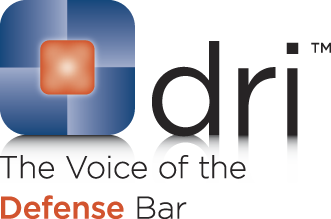 The very first post on the Nevada Trucking Law Blog discusses when a trucking company must disclose its bodily injury liability policy limit to an injured party. However, an update to that 2008 post is necessary because, as is true for most things in life, the law is always changing.
The very first post on the Nevada Trucking Law Blog discusses when a trucking company must disclose its bodily injury liability policy limit to an injured party. However, an update to that 2008 post is necessary because, as is true for most things in life, the law is always changing.
It is still true that if the injured party files a law suit, the motor carrier is obliged to produce its liability policy for inspection or for copying. Nevada Rule of Civil Procedure 16.1 (a)(1)(D) or Federal Rule of Civil Procedure Rule 26(a)(1)(A)(iii).
But in 2013, the legislature amended the law that controls the disclosure of policy information before suit is filed. N.R.S. 690B.042 no longer applies exclusively to “private passenger cars”. Instead, the law now applies to “passenger cars”. For purposes of this law, a passenger car means “a motor vehicle designed for carrying 10 persons or less, except a motorcycle or motor-driven cycle.” NRS 482.087.
It is hard to look at a commercial tractor-trailer combination or a 32 foot straight truck and say that that rig is a “passenger car”. However, I am confident that if push came to shove, that some attorney working for an injured claimant, would hold up his or her head in court and argue that a truck is obviously designed to carry ten or fewer people. Therefore, they will argue that the law should apply to a commercial truck just like it applies to a sedan.
So until the law is clarified by another amendment or a case, the motor carrier still has to decide if it is going to disclose or fight. Just like before, a truck carrier may choose to provide its limits in exchange for copies of medical reports, records and bills that are updated every 90 days, or, in the alternative, the motor carrier can ask for authorizations to release medical reports, records and bills in exchange for the coverage information.
With this change, plaintiffs’ attorneys may be even more emboldened to try and force a disclosure. The motor carrier will have to decide if it is interested in fighting or trading.
If you have questions about whether your company should disclose its policy limit to an injured claimant, please call Mike Mills at 702-240-6060 x114 or email him at mike@mcmillslaw.com.
 Follow
Follow Email
Email


